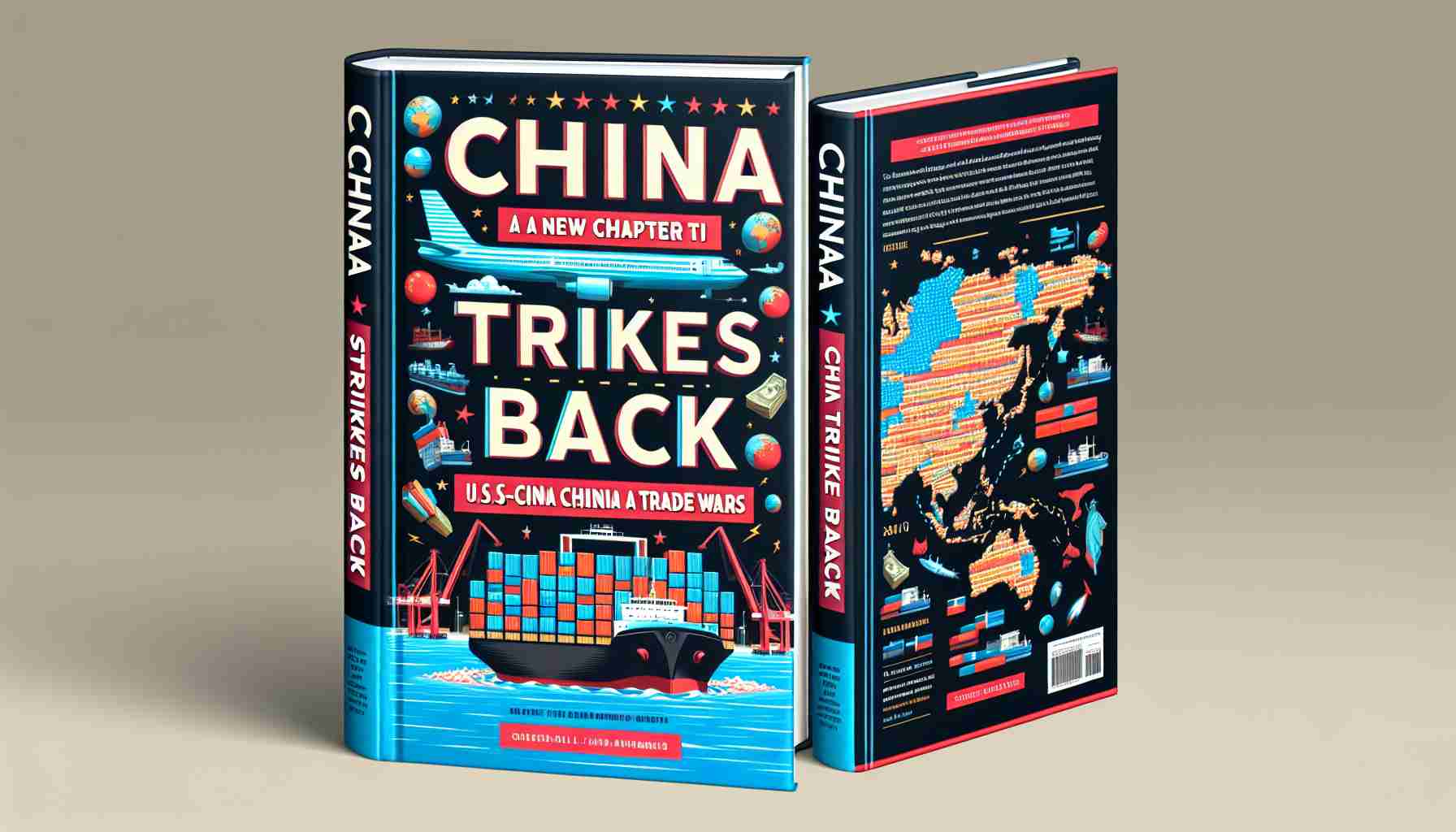Mounting Tensions Between Superpowers
In a recent significant move, China has intensified its trade disputes with the United States, specifically targeting major American defense companies. This escalation comes against the backdrop of ongoing tensions surrounding national security, as Beijing has imposed new restrictions on several U.S. firms, including prominent players like Raytheon, Boeing, and Lockheed Martin.
On Thursday, China’s Ministry of Commerce announced the addition of 28 U.S. companies to a newly established export control list, claiming that this measure is necessary to protect national security interests. The new rules prohibit the export of dual-use items—those that can serve both civilian and military purposes—to the specified companies. Furthermore, Beijing has introduced an “unreliable entities list” for 10 firms due to their involvement in arms sales to Taiwan, effectively barring them from conducting business within China and restricting their executives from entering the country.
Experts suggest that while similar actions have been taken in the past, this latest move broadens the scope of companies affected. Many of the listed U.S. entities already face various sanctions, indicating that this may be more symbolic than impactful. Nonetheless, the situation underscores the increasingly complex relationship between these two global powers, raising concerns about the future of international trade dynamics.
China vs. USA: The Escalating Trade Wars and Their Global Impact
In a significant escalation of ongoing trade disputes, China has intensified its measures against the United States, specifically targeting key American defense firms. This strategic maneuver is set against a backdrop of rising tensions over national security, with implications that extend beyond bilateral trade and into global markets.
New Trade Restrictions
Recently, China’s Ministry of Commerce unveiled its new export control list, which includes 28 U.S. companies aimed at protecting national security interests. Prominent American defense manufacturers—such as Raytheon, Boeing, and Lockheed Martin—are among those impacted. This list restricts the export of dual-use items, those capable of serving both civilian and military applications, to these firms.
Additionally, China has introduced an “unreliable entities list” that targets ten U.S. companies due to their involvement in arms sales to Taiwan. This act effectively barrs these companies from conducting any business within China and restricts their executives from entering the country.
Market Analysis
Experts are evaluating the real impact of these sanctions. While similar actions have been previously taken, this recent move expands the scope of affected companies, which could lead to longer-term shifts in the global defense supply chain. Companies heavily reliant on Chinese markets may need to reassess their business strategies to mitigate potential disruptions.
Pros and Cons of New Regulations
Pros:
– Enhances national security for China by controlling sensitive technology exports.
– Could motivate U.S. companies to innovate and develop alternative markets for defense technologies.
Cons:
– May aggravate economic tensions and reduce trade flows between two of the world’s largest economies.
– U.S. companies might face heightened operational challenges and loss of market access.
Use Cases and Innovations
American defense companies may begin to pivot towards emerging technologies in areas such as cybersecurity, artificial intelligence, and unmanned systems. Innovations in these sectors can serve as a strategic response to export controls imposed by China, allowing them to maintain competitiveness in a shifting landscape.
Future Predictions
As tensions continue to escalate, economists predict an ongoing trend where other nations may take sides or adopt similar restrictions, leading to bifurcated trade systems. The current trajectory suggests that both countries will focus on self-sufficiency and evaluating new partnerships while redefining their roles in global supply chains.
Security Aspects
The ongoing trade disputes highlight security concerns that go beyond mere economic implications, entering the realm of national defense and cybersecurity. Firms engaged in the development of dual-use technologies may encounter enhanced scrutiny and compliance requirements to navigate the complex regulatory environment dictated by both countries.
For further insights and updates on international trade dynamics and their implications, visit Reuters for in-depth reporting and analysis.
